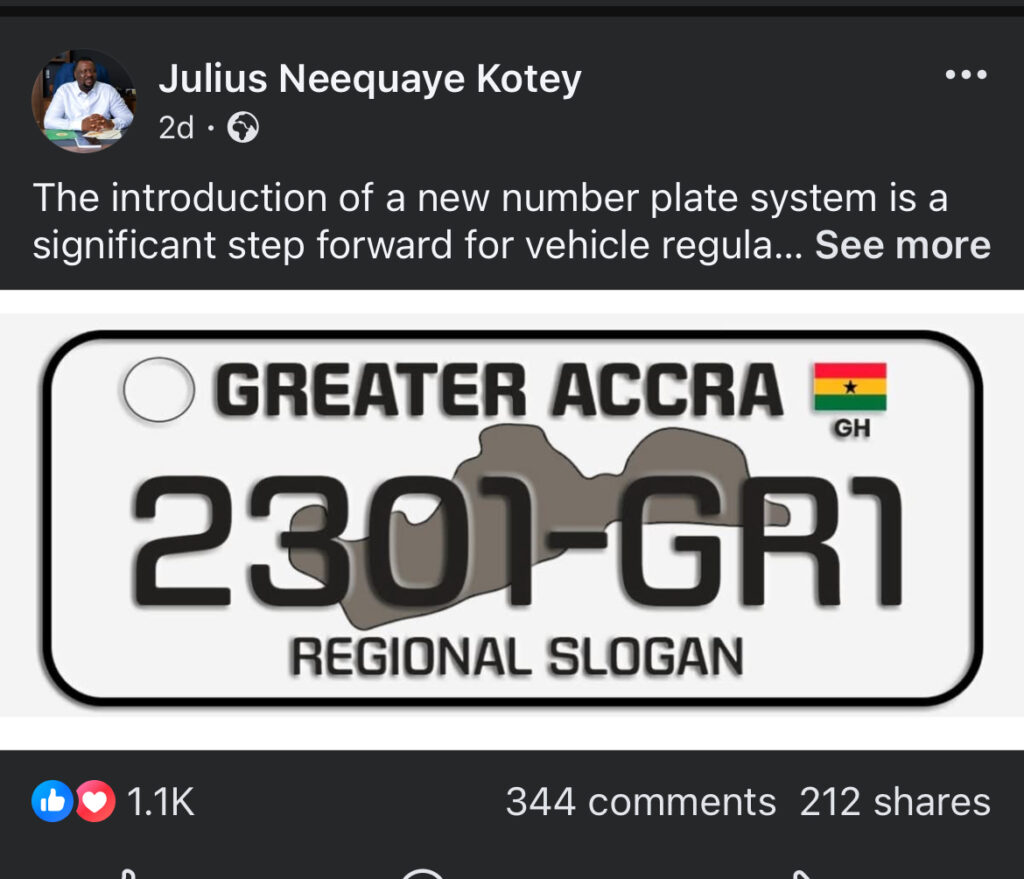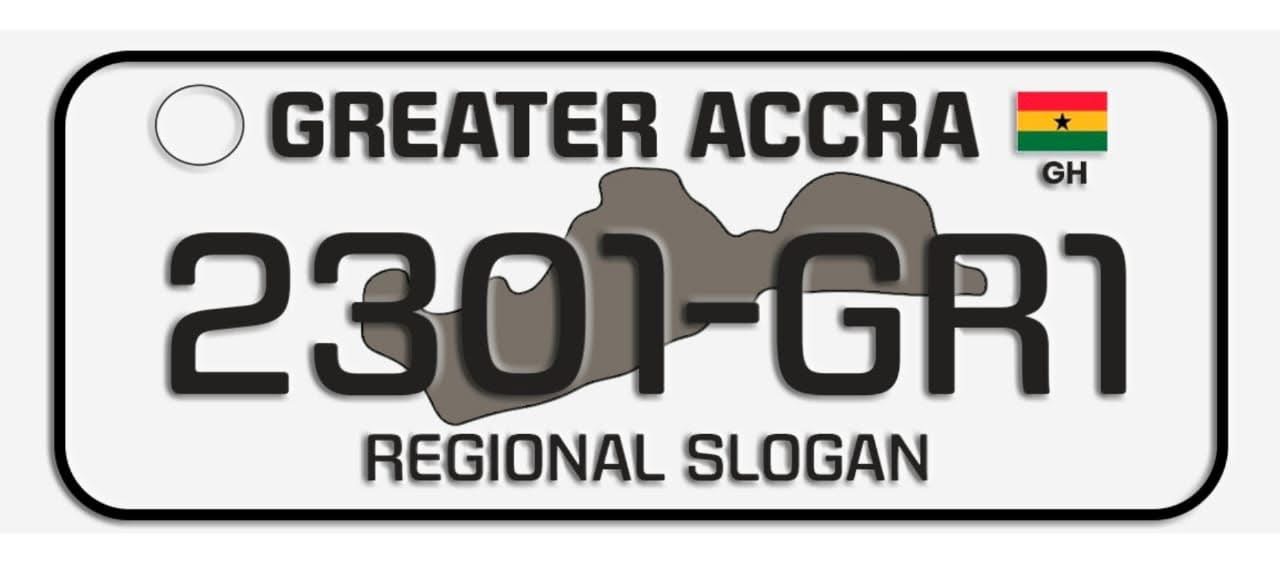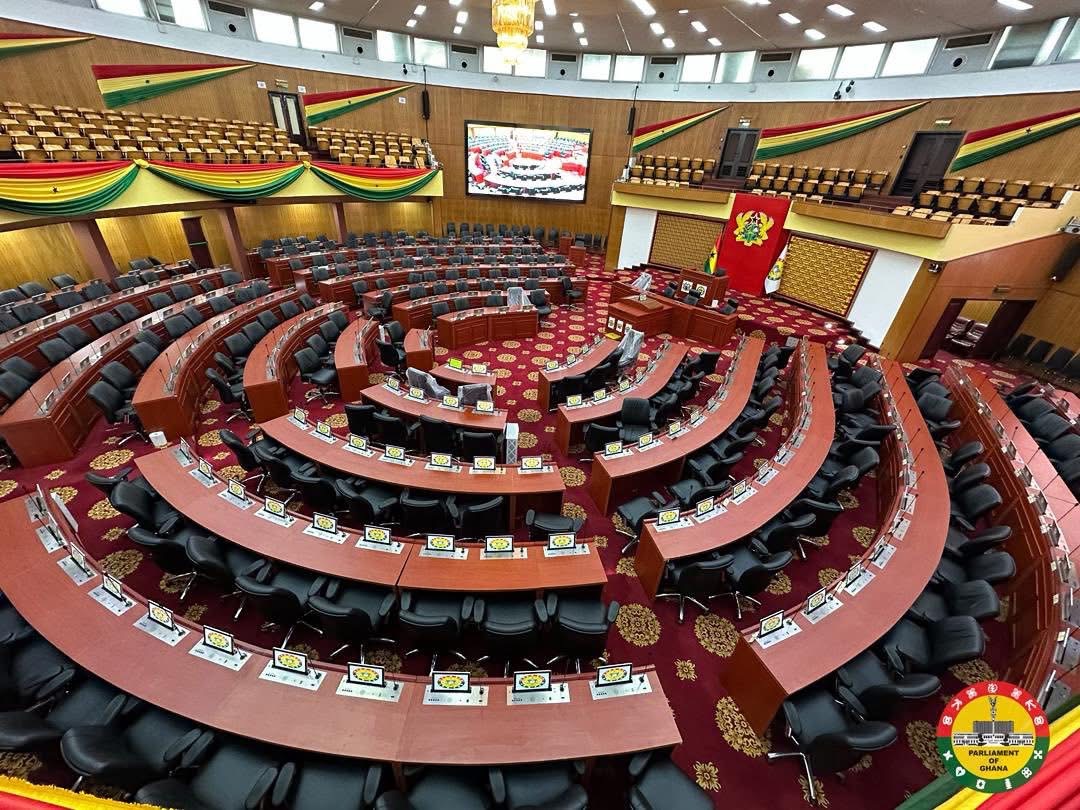The Executive Director of the Driver and Vehicle Licensing Authority (DVLA), Julius Neequaye Kotey, has unveiled the first sample of Ghana’s upcoming vehicle registration plates, which are expected to be rolled out nationwide in January 2026.
In a statement shared on his official Facebook page on Monday, August 25, 2025, Mr. Kotey described the initiative as a major step forward in modernizing vehicle regulation and enhancing road safety.
The new plates will incorporate advanced Radio-Frequency Identification (RFID) technology, along with other modern features designed to strengthen security, curb fraud, and streamline vehicle management.
Unlike the current system, the sample plate showcases a regional name and an area code for example, 2301-GR1 to replace the traditional year of registration. Each plate will also carry the slogan of the region of registration, embossed beneath the number.
The plates also come with a reflective design, ensuring visibility at night and in poor weather conditions. This improves safety on the road while reducing the risks associated with poorly lit number plates. The reflective feature is not just about aesthetics; it is about life-saving visibility for both drivers and pedestrians.
Another transformative benefit is automation. With the RFID chips linked to a central database, toll payments can be collected seamlessly, cutting down long queues at toll booths. This level of integration also reduces human error and minimizes the chances of fraud in vehicle management.
Beyond technology, the new system represents a cultural shift in how Ghanaians experience mobility. The inclusion of regional slogans is symbolic it connects drivers to their regions, weaving identity into regulation. More importantly, it signals a forward-thinking approach: a system that respects tradition while embracing innovation.

Although the DVLA has clarified that the sample design and features are subject to modification before the official launch, one thing is clear the move signals a future where Ghana’s roads are smarter, safer, and more efficient.
The unveiling of these plates is not just about changing metal tags on vehicles; it is about building trust in the systems that govern our roads. It is a promise of improved road safety, stronger accountability, and a modernized way of managing transportation in Ghana.









